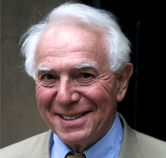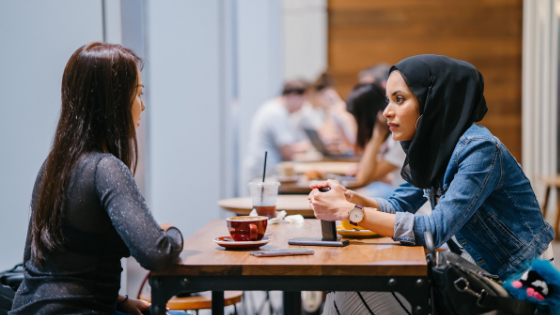Nearly everyone talks. We hear them on TV, radio, on line, in the classroom, at the dinner table, everywhere, and sometimes it can get just too much.
Sometimes you just have to try to filter out just how much you can use. That can be difficult too sometimes, because some people just learn to ‘switch off’ and then they can’t even hear what is useful.
But here’s the problem: we all do need to talk and share experiences or else our worries – for example about our own mental health, or maybe even worse as it may feel so disloyal, about our parent’s mental health – can just build up and as one young person put it ‘eat me up inside’.
So, are there different kinds of talking that we can and need to find, and others which are not useful? One way to think about it to imagine that it is a ‘meeting of minds’. So, what has to happen for two minds to meet? Here are a few general principles:
- They both have to have some curiosity about what and how the other person thinks and feels
- They don’t have to agree about everything, but they have to be interested in each other’s way of thinking and how they each reason things out
- They both need to trust each other to be honest. That does not mean that they both ‘tell everything’ or even be able to say things immediately in an open way. But it does mean that they both accept each other as ‘on the level’, talking out of interest, and not trying to get some kind of advantage over each other
When those three things are happening then each person, who may have thoughts and feelings they are unsure of, shy about, or feel ashamed about, may be able to feel those thoughts and feelings are more normal and acceptable as someone else hears and accepts them.
This is all pretty simple and obvious, but it is a bit more than just ‘listening’, because each of you is both learning and sort of ‘teaching’ each other to trust and believe in your own thoughts and feelings. Is this just for fun? Actually it can be really important.
We all learn about our emotions and thoughts as we grow up through the way parents, carers and teachers respond to them. In fact as infants we may have all kinds of emotions bubbling up, but it is only as we get some language for them: happy, sad, frightened, cross, angry, frustrated, calm, excited and so on, that they become like part of our library of emotions that we can use like a compass to find our way through new things we meet as we grow up – as well as later as adults.
Of course that means that as little children we are very dependant on our parents and carers own knowledge about their emotions to help us learn about ours.
When a parent has a mental illness, that can make it very difficult for the parent to respond in the best way to the child’s early learning about thoughts and feelings. If you are that child, sometimes that can make it difficult for you to trust and be able to manage your thoughts and feelings. You still can learn all these things, but it becomes very important for you to find other people; children and adults that you can have a good and ‘curious’ conversation with.
It doesn’t have to be anyone special. It could be a grandparent, and aunt or uncle, a family friend, a teacher, or school nurse. You will have to judge if you think that that person can make a ‘meeting of minds’ with you, but go on until you find someone who can. As one young person described it: “Once the door is opened, and you have broken the (almost) physical barrier, it can feel lovely.”
Our Time is a UK charity which runs groups for children and parents, as well as in schools. You can contact Our Time to see if there is one in your area, or to access films and reading which may help.


